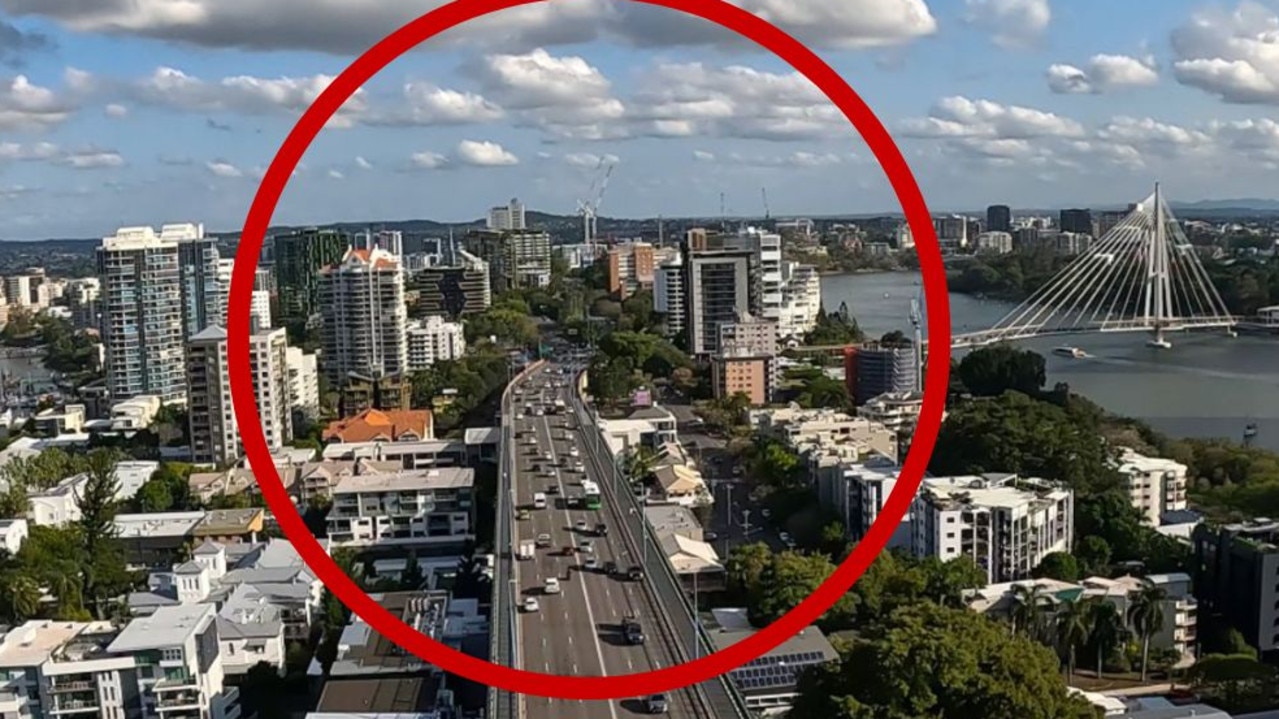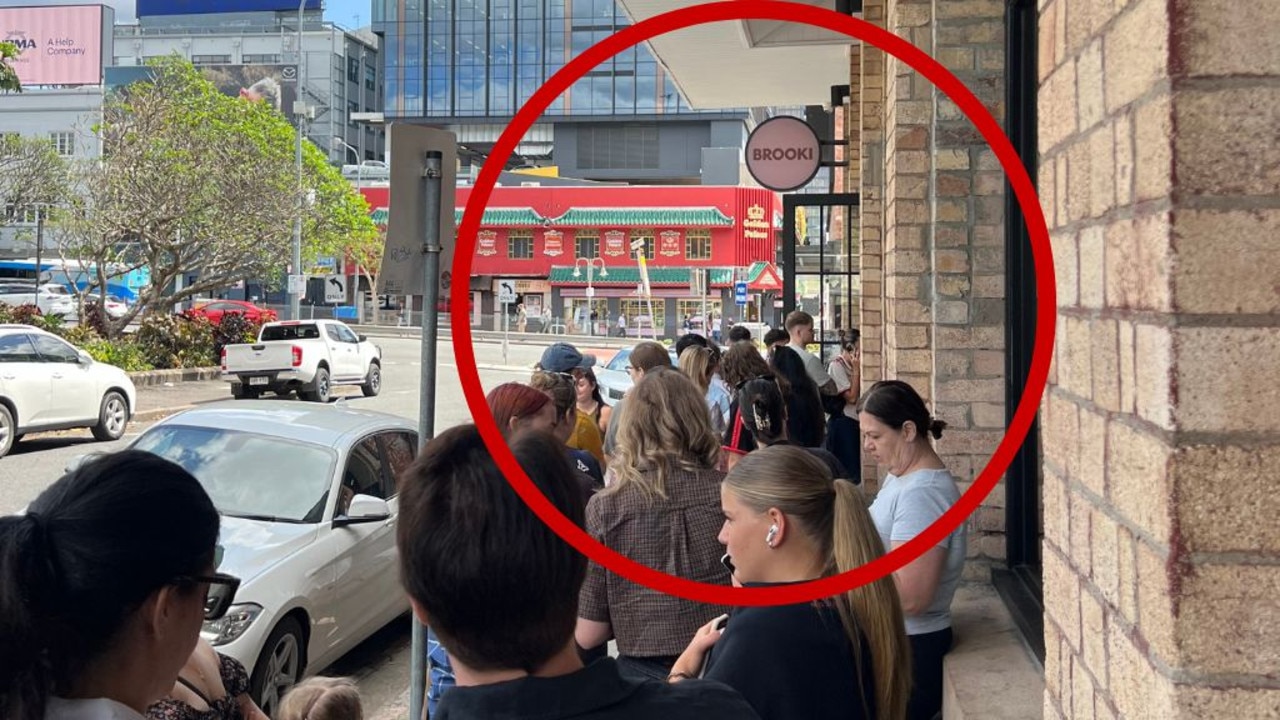Dingoes to stay despite howls of protest
FRASER Island's dingoes were in the headlines again when a girl was bitten, but far from being pests, the World Heritage dingoes should be valued, say experts.

FAR from being a pest to be stamped out, the dingoes on Fraser Island are a natural resource to be valued, say wildlife experts.
World Heritage-listed Fraser Island's dingoes were in the headlines yet again this week when a four-year-old girl became the latest victim.
She was bitten on the thigh, buttocks and lower back and had to be treated by paramedics as a hunt was launched for the dingo that attacked her.
She had been playing close to her father's vehicle on the beach near the island township of Eurong.
Queensland Parks and Wildlife Service regional director Terry Harper said rangers have tracked and destroyed the dingo, which had a colour-coded tag on its ear.
"Dingo rangers were able to accurately identify the animal responsible for the attack from information provided by the child's parents and its behaviour patterns," he said.
"The animal has been humanely destroyed, in line with Fraser Island's Dingo Management Strategy which states that any aggressive or dangerous dingo that bites or threatens people is destroyed."
Last year, there were two similar attacks – in August and September – prompting renewed calls for action.
Six years ago, there were calls for the island to be rid of dingoes altogether after nine year-old Clinton Gage was mauled to death at the popular tourist area of Waddy Point in April 2001.
At the time, Eric Parups of the Fraser Island Association and a long-time resident said people and dingoes could no longer co-exist on the island.
"That's what it boils down to," he said.
"I don't believe that both could be there at the one time with any safety."
Instead, dingo numbers were thinned, and tourists and residents were given stronger warnings not to feed them.
As the latest case resonated across the country, Queensland Parks and Wildlife Service spokesman Terry Harper said dingoes should be valued, and humans needed to take greater care.
Mr Harper said what were supposed to be wild but timid animals accustomed to hunting their prey in the wild had become emboldened scavengers seeking easy pickings at campsites and near homes.
He said the Fraser Island dingoes, estimated to number between 100 and 200, are there to stay, even if they were outnumbered by the human population.
"The dingoes on Fraser Island are one of the purest-bred dingoes in Australia," he said.
"They are also recognised as one of the World Heritage values for which Fraser Island has been inscribed on the World Heritage list.
"So we believe that removing dingoes from the island would be unwise and unnecessary because if people take the necessary precautions such as looking after their kids, not walking alone and not feeding dingoes, they will be safe enough to enjoy Fraser Island."
On the mainland, dingoes were often treated as pests and shot because of the risk of interbreeding with wild dogs, causing problems in farming areas and near towns, Mr Harper said.
But as far as Queensland's conservation laws were concerned, dingoes were a natural resource when they lived in a national park.
"They are a natural resource under the legislation, that is why they are protected," he said.
"It's in everyone's best interests to let the dingoes behave as wild animals.
"So it is very much a people management issue not a dingo management issue – that's the hard part about it."
Some experts say part of the "people management" strategy should be to keep children away from the island during certain times of the year.
Dingo researcher Nick Baker questioned why people with small children came to Fraser Island in the dingoes' autumn breeding season.
Young children were prime targets for dingoes "ramped up" on the need to breed, he said.
"(The dingoes) have hormones running through them all the time, they are marking their territory, trying to defend it and males are trying to hang onto their females and trying to keep other males out of the area," Mr Baker said.
"The females are also coming into breeding season and they are very excitable as well, so it's not a mix you would want to be throwing kids into."
Mr Baker said that if families are to visit the island parents should keep young children under constant surveillance.
"Fraser Island is a dangerous place for a whole range of reasons, not just dingoes, and really, parents need to consider whether they want to go to the island at this time of year," Mr Baker said.
"If you are on the beach, there is the sound of the surf and maybe traffic and you may not hear a dingo coming."



